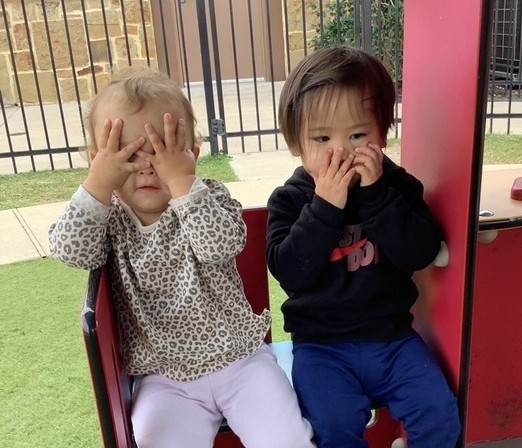Our Programs
A guiding light for children 6 weeks to 12 years old.
Our Approach to Learning
The path to success starts here.
Lighthouse Pathways®
The guiding light of our philosophy.
Public vs Private Preschool
The benefits of private preschool vs public.
Children's Lighthouse vs Montessori
See how we stack up against a Montessori school.
Character Value Friends
Explore how our friends around the world live out our Character Values.
Our Story
For over 20 years, Children's Lighthouse has been helping parents.
Parent Resources
We're with you. Every step of the way.
In the News
Read the latest press releases and where Children's Lighthouse is featured in the news.













